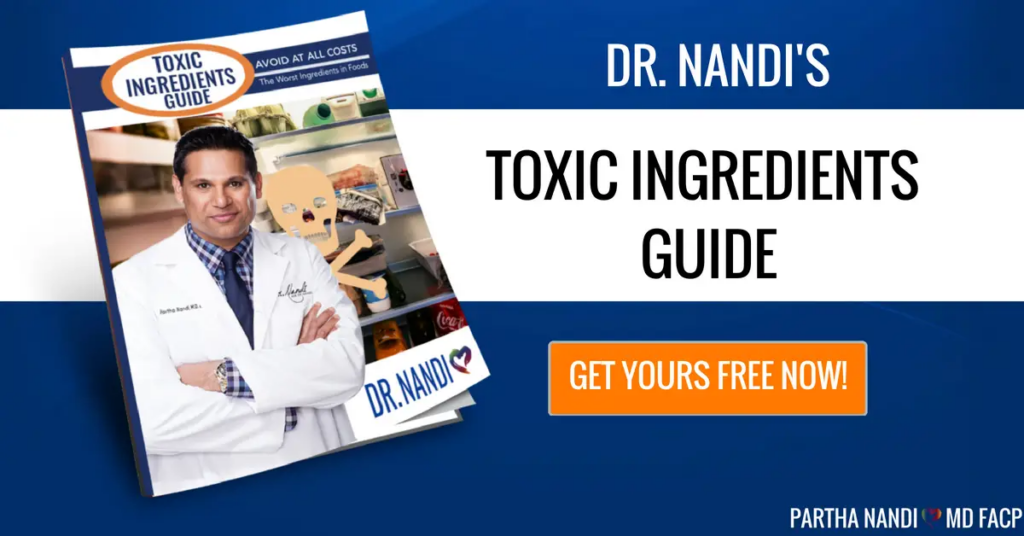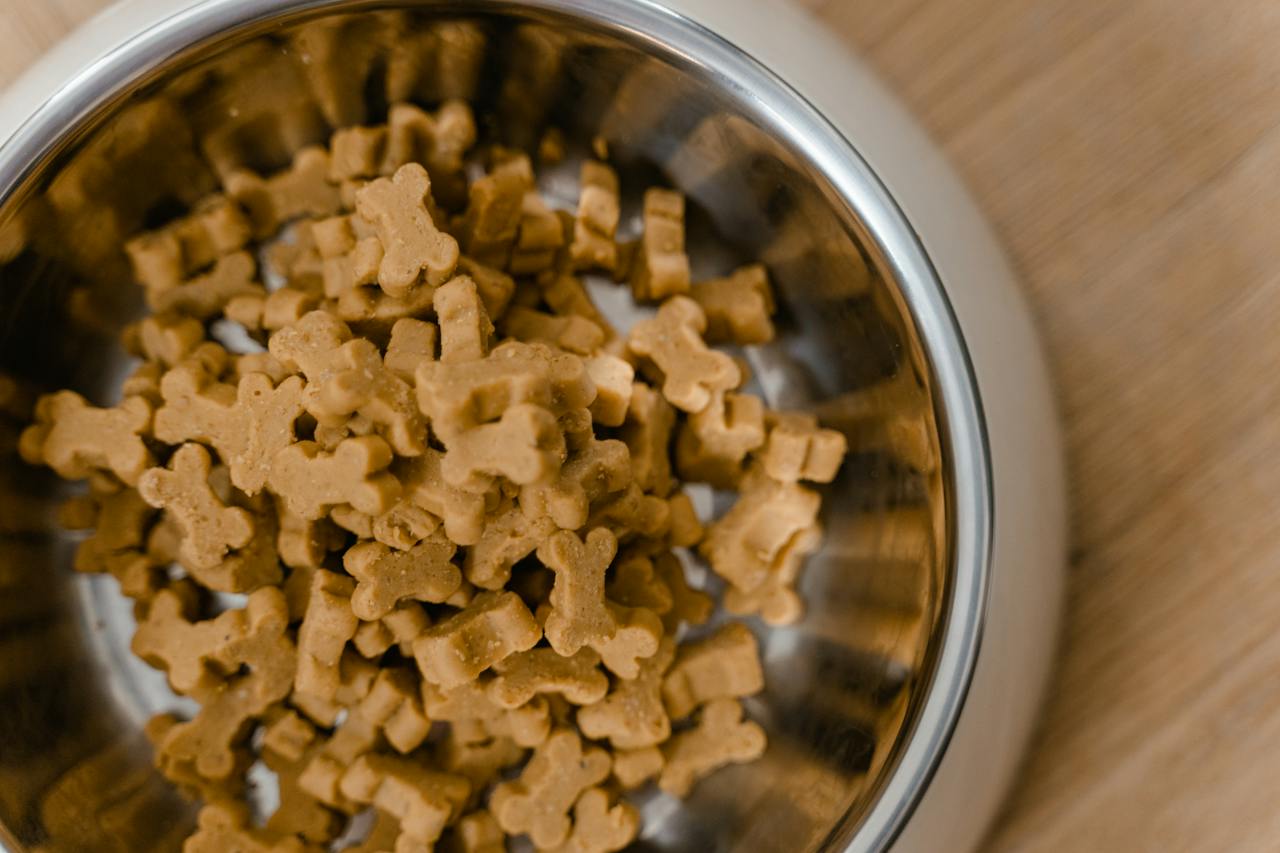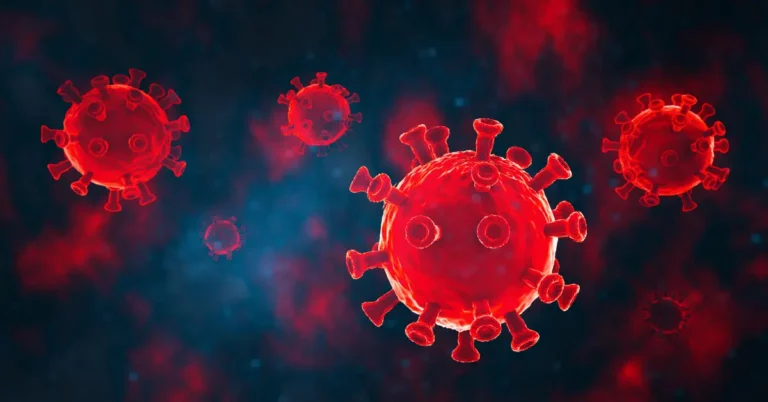In the realm of pet care, few things are as paramount as the food we provide for our loyal four-legged friends. Dogs, for many of us, aren’t just pets; they’re cherished members of our families whose well-being ranks at the top of our priorities. Their health, vitality, and happiness depend significantly on the nutrition we offer. But recent concerns surrounding one of the most trusted names in pet food, Purina Beneful, have left pet owners in a state of uncertainty and curiosity.
Let’s uncover the profound importance of dog food. It’s not just about filling their bowls; it’s about ensuring their overall well-being and happiness. We’ll explore why dog food is more than just sustenance – it’s an expression of love and commitment to your canine companion’s health and joy.
Join us as we dive deeper into this topic, exploring every facet of dog food, from its significance to the latest concerns, and discover the best ways to prioritize your furry friend’s health. We’ll leave no stone unturned, ensuring you have all the information you need to make informed choices for your beloved pet’s nutrition. Let’s begin by understanding why dog food truly matters.
Why Dog Food Truly Matters?
Just as the health of our human family members relies on appropriate nutrition, so does the well-being of our canine companions. It’s a single, powerful truth: dog food matters.
At the outset, let’s acknowledge the biological importance of proper nutrition for dogs. Much like their human caretakers, dogs require a balanced diet to fuel their daily activities. The right food fortifies them from within, ensuring that their joints remain agile, their coats retain their sheen, and their internal systems function optimally. Each meal is an opportunity to nourish their bodies and, by extension, their spirits.
However, it’s not just about physical sustenance. The food we provide forms the very foundation of their overall well-being. A diet lacking in essential nutrients can lead to lethargy, diminished immunity, and a host of potential health concerns. Conversely, a nutrient-rich diet can amplify their zest for life, making every game of fetch more spirited and every walk more enthusiastic.
Beyond biology, the choices we make about our dogs’ food reflect our values and our commitment to their well-being. In an era brimming with options, from grain-free to organic, from raw to specially formulated, every decision underscores our dedication to their health. As caretakers, we bear the responsibility of making choices that will shape their days and, ultimately, their lifespan. In this light, dog food isn’t merely a purchase; it’s an affirmation of love.

Unpacking Purina Beneful
Purina Beneful has been a trusted name in the pantheon of dog food for decades. Its enduring popularity among dog owners is a testament to the faith they have placed in this brand. But what exactly goes into this widely consumed dog food? Let’s delve deeper into the composition of Purina Beneful to gain a better understanding of what makes it so popular among pet owners.
At its core, Purina Beneful prides itself on a blend of wholesome ingredients that cater to your dog’s nutritional needs. The brand often emphasizes its inclusion of real meats, such as chicken or beef, serving as the primary protein source. Accompanying these high-quality proteins are grains, vegetables, and sometimes, accents of superfoods, all aimed at delivering balanced nutrition.
Real meat, as the cornerstone of many Beneful recipes, provides essential proteins that contribute to muscle development and overall health. These proteins are essential for your dog’s energy levels and vitality. Grains and vegetables bring a balance to the diet, offering carbohydrates for sustained energy and fiber for healthy digestion. Additionally, Beneful often integrates omega-rich ingredients to support a shiny coat, while antioxidants promise a boost to the immune system.
However, like many commercially produced pet foods, Beneful also contains preservatives, colorings, and certain fillers. While these are standard components in numerous pet products, it’s the potential quality and source of these additives that occasionally come under scrutiny. As a responsible dog owner, it’s essential to be aware of what goes into your pet’s food bowl.
Recent Reports and Concerns
In recent times, the world of pet nutrition has been rocked by alarming reports, particularly concerning Purina’s Beneful line of dog food. These concerns, initially brought to light by a reputable pet health watchdog, have since reverberated across multiple platforms, leaving many dog owners in a state of uncertainty and worry.1
The primary argument posed by these reports is that Purina Beneful may contain ingredients or contaminants that could be detrimental to the health of dogs. While these allegations are still being investigated, they underscore the urgency and seriousness of the situation.
Initial statistics, while subject to ongoing scrutiny, have been unsettling. They suggest thousands of negative reactions directly linked to Beneful consumption, with a notable portion leading to severe health complications or, tragically, the loss of pets. These figures highlight the gravity of the predicament and have fueled a growing wave of concern among pet owners.
One of the specific concerns that have arisen is related to artificial dyes commonly found in dog food, including dyes such as Yellow 5 and 6, Red 40, and Blue 2. These additives are often included to enhance the visual appeal of pet food, but they serve no nutritional purpose and can potentially pose risks to dogs. 2
For many dog owners, the vibrant colors in their pet’s food may seem visually appealing and reminiscent of the colorful foods we humans consume. However, these artificial dyes are synthesized from chemical compounds and have no place in a dog’s natural diet. In fact, the addition of these dyes primarily caters to human perceptions of what “good food” should look like.
To provide a more comprehensive understanding, let’s delve into the specific concerns associated with some of these artificial dyes:
- Yellow 5 (Tartrazine): This synthetic lemon-yellow azo dye is derived from coal tar. Concerns include its association with allergic reactions, such as itching and hives. While dogs have different biology than humans, the additive’s potential effect on their behavior is still a topic of study.
- Yellow 6 (Sunset Yellow): Another synthetic azo dye, Sunset Yellow is orange in color. Concerns include its association with allergic reactions, including nasal congestion, bronchoconstriction, and skin reactions. Some studies, though not definitive, have pointed towards a potential increase in tumors in animals.3
- Red 40 (Allura Red AC): This synthetic dye is derived from coal tar and petrochemicals. Concerns revolve around potential allergic reactions and its possible role in promoting hyperactivity.
- Blue 2 (Indigo Carmine or Indigotine): A synthetic blue dye derived from coal tar. Similar to other dyes, it may also carry the potential for allergic reactions.

Wholesome Alternatives for Your Canine Companion
Given the recent concerns surrounding Purina Beneful and the desire to provide the best possible nutrition for your beloved canine companion, many pet owners are exploring alternative options. These alternatives offer a variety of choices, each catering to specific dietary needs and preferences.
- Hill’s Science Diet: Renowned for its scientifically-backed formulas, Hill’s Science Diet often features lean proteins, vital antioxidants, and essential fibers. What sets it apart is its consideration of specific life stages or health concerns, offering tailored nutrition for every dog’s unique needs.
- Royal Canin: This brand emphasizes precision, with diets enriched in proteins, essential fatty acids, and specialized nutrients. Royal Canin has carved a niche by offering breed-specific foods, recognizing that a Chihuahua’s dietary needs differ markedly from a Labrador’s.
- Blue Buffalo: Known for its natural ingredients, Blue Buffalo often spotlights real meat, wholesome grains, and garden veggies. Their ‘LifeSource Bits’ blend of vitamins, minerals, and antioxidants sets them apart, aiming to support holistic health.
- Wellness Core: Wellness Core adopts a grain-free approach, focusing on a meat-centric diet supplemented with fresh produce. Their belief in ‘raw nutrition’ has led to the inclusion of high-quality, freeze-dried raw meat in select recipes.
By expanding your horizons to include these reputable brands, you can find alternatives that align more closely with your dog’s specific dietary requirements. Each of these brands has a unique selling point and offers a range of choices to cater to various preferences and health needs.
However, it’s crucial to remember that every dog is unique, and what works best for one may not be suitable for another. It’s advisable to consult with your veterinarian when making a switch to ensure the chosen food aligns with your pet’s individual health and nutritional needs.
Tips and Considerations for a Healthy Dog Diet
Ensuring your dog enjoys a healthy, well-balanced diet is paramount to their overall well-being. We’ll provide you with valuable tips and considerations to guide you in making informed choices for your furry friend’s nutrition.
- Diverse Diet: Just as people thrive on varied diets, dogs too can benefit from a diverse range of foods. Introducing different proteins and vegetables (within safe limits) can ensure they’re getting a broad spectrum of nutrients.
- Watch the Fillers: Many commercial dog foods use fillers like corn and soy. While not harmful in moderation, these shouldn’t constitute the majority of the food. Opt for brands where real meat or protein sources are the primary ingredients.
- Read Labels: Just as you’d scrutinize the label on packaged foods for yourself, do the same for your pet. Understanding ingredients can empower better choices. Look for foods that list high-quality protein sources as the first ingredients.
- Consult the Vet: Regular check-ins with your veterinarian can offer tailored advice. Dogs, like people, have individual needs, and a professional can guide dietary choices based on health conditions, age, or breed.
- Treats in Moderation: While treats can be an excellent tool for training and bonding, they should not become a staple. Many are calorie-dense and can lead to weight gain if given excessively.
- Hydration is Key: Ensure your dog always has access to fresh water. Hydration aids digestion, keeps the body cool, and supports overall well-being.
- Monitor Portions: Overfeeding can lead to obesity, a growing concern among pets. Use recommended serving sizes as a guide and adjust based on activity levels and feedback from regular vet check-ups.
- Rotate Foods: Occasionally rotating brands or flavors (while staying within quality products) can prevent allergies and food sensitivities from developing due to overexposure.
- Note Allergies: Some dogs develop allergies to certain proteins or ingredients. Keep an eye out for signs like excessive itching, redness, or digestive upset. Once identified, avoid those triggers in their diet.
- Homemade Meals: If considering homemade dog meals, research thoroughly. While it’s a great way to control ingredients, it’s essential to ensure the food meets all nutritional needs.
- Steer Clear of Toxins: Some human foods are toxic to dogs, including chocolate, grapes, onions, and garlic. Always double-check before sharing any table scraps.
- Store Food Properly: Keep dry kibble in a cool, dry place, preferably in an airtight container. This prevents moisture, which can lead to mold or degradation of nutrients.
- Fresh is Best: If you’re feeding wet food or raw diets, ensure it’s always fresh. Leftovers should be refrigerated and used quickly.
- Supplement Thoughtfully: Before introducing any supplements like fish oil or glucosamine, consult with your vet to determine the necessity and appropriate dosage.
- Observe and Adjust: Your dog’s coat, energy levels, and overall demeanor can provide clues about their nutritional health. If you notice changes, it might be time to reassess their diet.
By keeping these tips and considerations in mind, you can confidently navigate the world of dog food and prioritize your pet’s health. Remember that your dog’s nutrition is not just about their daily meals; it’s about their longevity, vitality, and the shared joy of life’s journey with your four-legged companion.
By ensuring that they receive the best possible nutrition, you provide them with a life filled with vitality, health, and countless quivering tails. As you continue your journey as a loving pet owner, remember that you are your dog’s greatest partner in health and happiness. With knowledge, care, and a steadfast commitment to their optimal well-being, you can provide your beloved canine companion with the rich and fulfilling life they deserve.
My Personal RX on Healthy Dog Food
As a doctor deeply invested in the health and well-being of both humans and their beloved pets, I’ve compiled some essential tips to ensure that your furry family member receives the best possible nutrition.
Just as I recommend Liver Support and Fiber Complete supplements for essential health benefits in humans, I urge you to consider the following tips to enhance your dog’s diet and overall health.
- Detoxify Their Diet: Just as we need to support our liver’s detoxification processes, consider adding my liver support supplements to your dog’s diet. These can help promote optimal liver function and overall health.
- Educate Yourself: Much like my Toxic Ingredient Guide helps you make smarter product choices for yourself, educate yourself about the toxic ingredients that should be avoided in dog food. Being informed is the first step to providing your pet with a safe and nutritious diet.
- Variety is Key: Just as humans thrive on a diverse diet, introduce variety into your dog’s meals. Rotate between different protein sources and vegetables to ensure a broad spectrum of nutrients.
- Opt for Quality Proteins: Prioritize dog foods where real meat or protein sources are listed as the primary ingredients. This ensures that your dog receives high-quality protein for muscle development and overall health.
- Regular Vet Check-ups: As with human health, regular check-ins with your veterinarian are crucial. Your vet can offer personalized dietary advice based on your dog’s specific health conditions, age, or breed.
- Balance Treats: Treats can be a great tool for training and bonding, but ensure they don’t become a staple. Many treats are calorie-dense and can lead to weight gain if given excessively.
- Stay Hydrated: Just as you emphasize the importance of staying hydrated for yourself, ensure your dog always has access to fresh water. Proper hydration aids digestion, regulates body temperature and supports overall well-being.
- Monitor Portions: Avoid overfeeding, which can lead to obesity. Follow recommended serving sizes based on your dog’s activity level and vet’s guidance.
- Rotate Brands and Flavors: Occasionally switch between brands or flavors (within quality products) to prevent allergies and food sensitivities due to overexposure.
- Observe and Adjust: Pay attention to changes in your dog’s coat, energy levels, and demeanor. If you notice any shifts, it might be time to reassess their diet and consult your vet for guidance.
Sources:
- Lawsuit claims Purina’s beneful dog food is poisoning, killing dogs. (2015, February 25). NBC News. https://www.nbcnews.com/news/us-news/lawsuit-claims-purinas-beneful-dog-food-poisoning-killing-dogs-n312176 ↩︎
- Purina recalls dog food over potential toxicity risk. (2023b, February 10). TODAY.com. https://www.today.com/pets/purina-recalls-dog-food-potential-toxicity-risk-rcna70058 ↩︎
- Rudel, R. A., Attfield, K. R., Schifano, J. N., & Brody, J. G. (2007). Chemicals causing mammary gland tumors in animals signal new directions for epidemiology, chemicals testing, and risk assessment for breast cancer prevention. Cancer, 109(S12), 2635–2666. https://doi.org/10.1002/cncr.22653 ↩︎












 Subscribe to Ask Dr. Nandi YouTube Channel
Subscribe to Ask Dr. Nandi YouTube Channel










